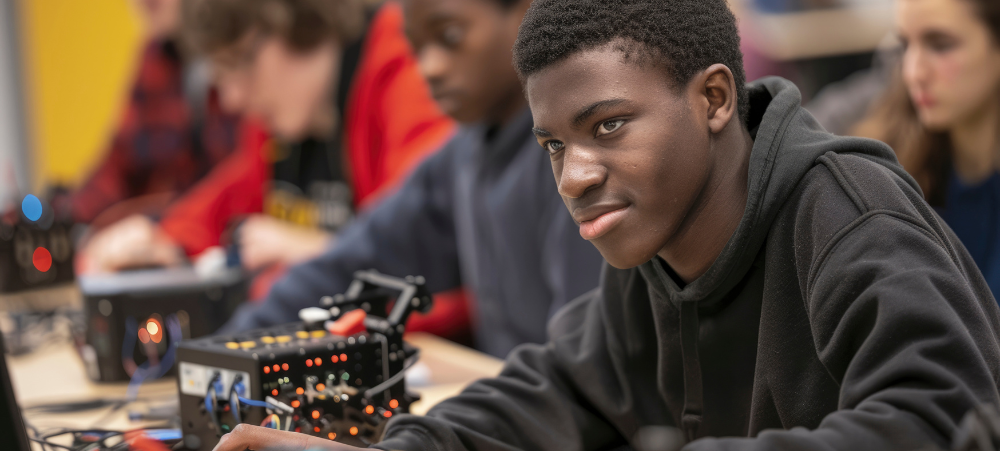
Online Schooling in 2026: How Wingu Academy Is Shaping the Future of Education
By 2026, online schooling is no longer viewed as a temporary solution or a response to crisis. It has matured into a mainstream, highly effective educational pathway — and at Wingu Academy Online School, this future is already a reality. What was once considered “alternative” has become a preferred choice for families seeking academic credibility, personalised learning, and a secure, future-focused environment. Wingu Academy stands at the forefront of this evolution, redefining what quality education looks like in a digital-first world. From Emergency Option to Established Choice Online education has undergone a fundamental shift. In 2026, families are no longer turning to online schools out of necessity alone, but out of confidence. At Wingu Academy, online learning is: For many South African families facing overcrowded classrooms, placement challenges, and rising school fees, Wingu Academy offers a stable, trusted alternative that delivers consistency without compromise. Technology That Enhances Learning — Not Replaces Teachers Innovation at Wingu Academy is purposeful. Rather than using technology for novelty, it is integrated to support real teaching and real learning. By 2026, online schools like Wingu Academy are embracing: Crucially, these tools enhance the work of qualified human teachers, not replace them. Live, teacher-led classes remain at the heart of the Wingu experience. Preparing Learners for a 21st-Century World Traditional schooling models often struggle to adapt to the skills demanded by today’s world. Online schools, when designed correctly, are uniquely positioned to bridge this gap. At Wingu Academy, learning goes beyond content delivery. Wingulians develop: These competencies are woven into daily learning, preparing learners not only for exams, but for life beyond school. Data-Driven, Learner-Centred Education Modern online education relies on intelligent use of data to support learners effectively. At Wingu Academy, integrated systems allow educators to track progress, identify support needs early, and adapt teaching accordingly. This unified approach: Data is used not to label learners, but to support them more precisely and personally. Accessibility, Inclusion and Flexibility One of the defining strengths of online schooling in 2026 is increased accessibility. Wingu Academy’s mobile-friendly platform, flexible structures, and recorded lesson access allow families from diverse backgrounds to participate meaningfully in quality education. Learning at Wingu Academy offers: This model creates space for learners to thrive academically and emotionally. A Strong Regulatory and Accreditation Framework As online education has grown, so too has regulation. In South Africa, frameworks such as the Virtual Schools Framework provide essential oversight, ensuring quality, credibility, and accountability. Wingu Academy operates within these structures, offering: Families can trust that learning at Wingu Academy leads to real outcomes, including recognised qualifications and future study opportunities. Meeting South Africa’s Education Challenges Head-On School placement shortages, rising fees, and limited access to quality education continue to affect families across South Africa. In response, online schools like Wingu Academy have stepped in with immediate, scalable solutions. Wingu Academy provides: This responsiveness has positioned Wingu Academy as a reliable educational partner, not just a school. Holistic Education for Modern Learners Education in 2026 is about more than academics. At Wingu Academy, holistic development is central to the learner experience. Through structured support, wellness initiatives, and strong teacher-learner relationships, Wingulians are nurtured as confident, capable individuals in a connected world. The Future Is Already Here Online schooling in 2026 represents a solidified, sophisticated, and essential part of the global education landscape. At Wingu Academy Online School, this future is not theoretical — it is lived every day. Innovative. Internationally recognised. Human-led. Future-focused. This is the Wingu Way.































